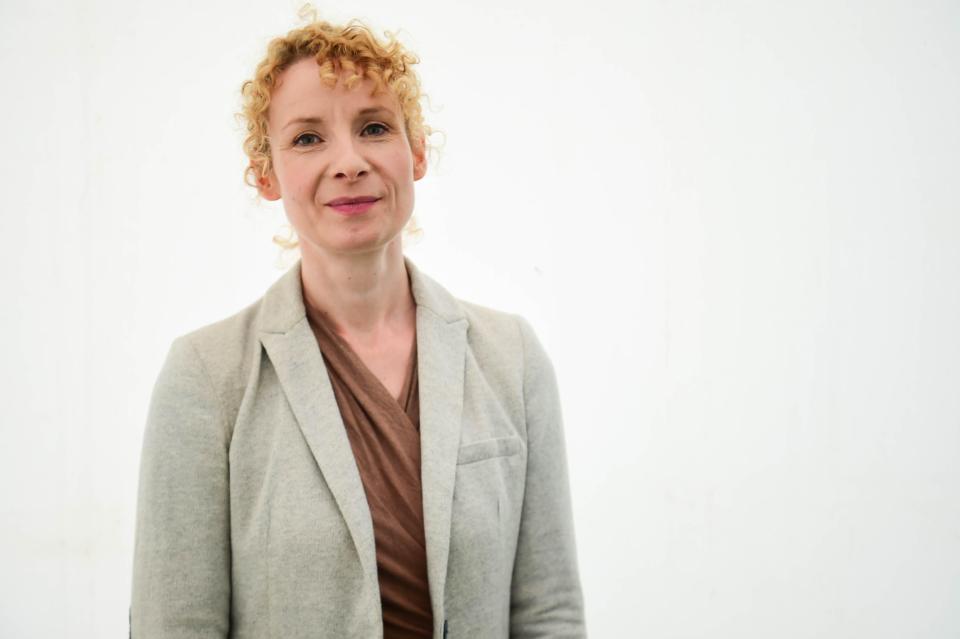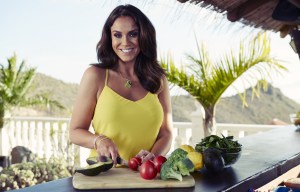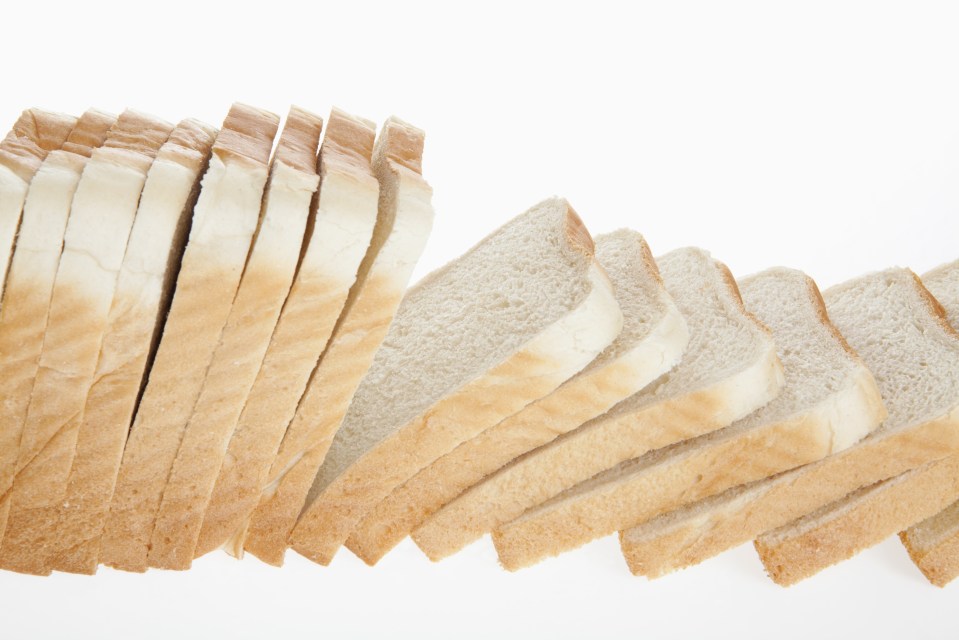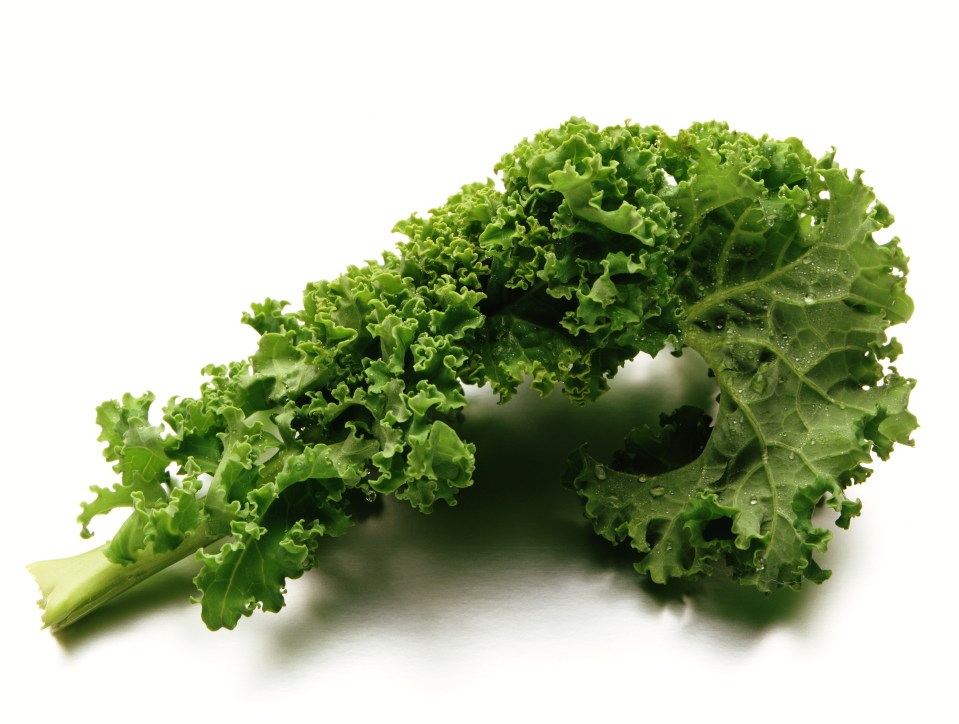Food experts declare war on women leading ‘flawed’ clean eating movement amid claims it fuels anorexia
Experts have criticised wellness gurus who advocate cutting carbs and sugar in favour of kale and chia seeds, claiming these fads fuel eating disorders

IT is the fashionable food movement promoted by glossy-haired princesses who advocate ditching carbs and sugar in favour of leaves, juices and seeds.
But the world of “clean eating” has become a dirty battleground amid claims it is fuelling a dangerous rise in ANOREXIA.
At the Cheltenham Literature Festival, authors and experts lined up to put the boot into best-selling wellness gurus such as Tess Ward and the Hemsley sisters, who sing the praises of kale, coconut oil and chia seeds to the masses.
Award-winning author Lionel Shriver slammed the fad, saying these self-styled gurus should “be for a period in danger of starving to death, to find some perspective on real hardship”.
Meanwhile, food writer Bee Wilson, an expert on the psychology of eating, reduced leading food blogger Madeleine Shaw to tears by suggesting there were downsides to her brand of dietary denial. In response, Bee was jeered by a crowd of several hundred Madeleine fans.
Bee reignited the row a few days later when she posted a scathing blog linking clean eating to a rise in eating disorders.
She wrote: “Clean eating is based on a flawed understanding of both health and food. There is no such thing as a single ‘perfect’ way of eating.
“For one thing, many of the nutritional claims — gluten = bad! Coconut oil = good! — just don’t stack up. More worrying is when clean eating encourages people to cut out entire food groups for no particular reason.”
Many experts who work with eating disorder patients claim the clean-eating trend fuels conditions such as anorexia.
In her controversial blog, Bee cites comments from Dr Mark Berelowitz, an eating disorder specialist at the Royal Free Hospital in North London, who said that between 80 and 90 per cent of his patients were on clean-eating diets.
And she reports how Renee McGregor, a dietitian who works with the charity Anorexia and Bulimia Care, says she has patients who feel that “the world will collapse” if they eat foods that are not “clean”, because they have seen a celebrity blogger saying that these foods are bad.
Related stories
It is a dark interpretation of a trend which has long been pitched as a way to achieve happiness, healthiness and energy.
Led by a tribe of beautiful young women with glowing skin and hundreds of thousands of online followers, clean eating has gone mainstream.
The clean queens tend to recommend cutting out entire “dirty” food groups such as dairy and sugar in favour of natural alternatives such as “spiralised” vegetables.
The biggest enemy of all for these wellness gurus is carbohydrates, specifically gluten.
As a result, the market for gluten-free food is soaring. It is forecast to grow by 46 per cent, to £560million, within two years.
Experts are highly sceptical of this stance. The British Dietetic Association (BDA) argues that carbohydrates are crucial and should make up half of each meal. Its research suggests carb-free diets “don’t seem to help people lose weight and keep it off”.
Sian Porter, a consultant dietitian and spokesperson for the BDA, says cutting out entire groups of food could prove not just misguided but downright dangerous.
She explained: “If people do not plan really carefully for substitutes for food groups then you can end up malnourishing yourself.”
Considering clean eating has the potential to make you seriously unwell, it is all the more alarming that the main buzz word of the gurus is “wellness”.
Nigella Lawson has hit out at the language that has made choosing to follow or not follow a restrictive diet a moral issue.
'Clean eating implies other forms of eating are somehow dirty and impure'
Nigella Lawson
She said: “The term ‘clean eating’ necessarily implies that any other form of eating — and consequently the eater of it — is dirty or impure and thus bad, and it’s not simply a way of shaming and persecuting others, but leads to that self- shaming and self-persecution that is forcibly detrimental to true healthy eating.”
No wonder vulnerable anorexics have proved particularly susceptible to a trend that designates food either good or evil.
Worryingly, the gurus seen as experts by vulnerable dieters do not always have qualifications to back up their advice.
So how healthy are their claims? Below, SIAN PORTER gives her verdict on some of the most popular wellness queens, then, a Sun girl explains how her own clean-eating obsession landed her in hospital.
Natasha Corrett
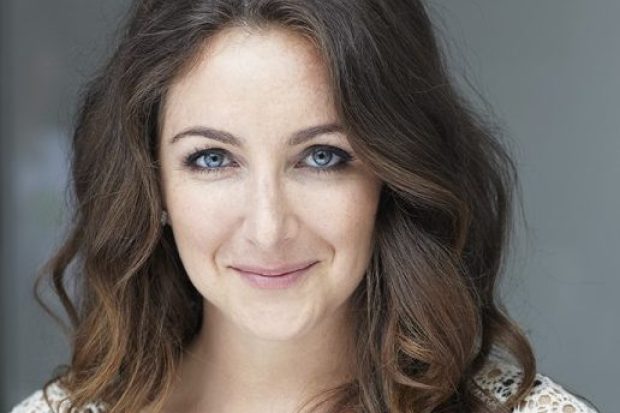
"
DAUGHTER of interior designer Kelly Hoppen, Natasha, 33, has cookbooks and a food delivery firm. Against “acid-forming” wheat, gluten, dairy and sells a range of alkaline-boosting powers.
She claims: “The body can’t get cancer in an alkaline state.”
Sian says: “The body balances its own acid and alkaline very well itself. It doesn’t need any help with it. Also, there is no scientific proof that having an imbalance of either is going to cause cancer.”
Jasmine and Melissa Hemsley

BLOGGING sisters Jasmine, 36, and Melissa, 30, share recipes free of gluten, grain, refined sugar and hydrogenated vegetable oil.
They claim: Their diet cured their eczema, stress and indigestion.
Sian says: “They’re selling an aspirational lifestyle, ‘If you eat like this you can look like us’. You have to remember they have had hair and make-up and styling.
“They seem to be to me more about selling a book than actually giving proper, dietary advice.”
Ella Woodward
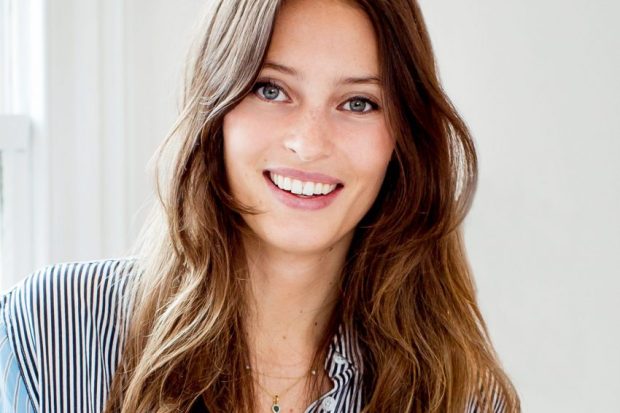
THE 24-year-old’s clean-eating bible Deliciously Ella is the fastest-selling debut cookbook ever.
She claims: Diet free of meat, fish, gluten, dairy and refined sugar helped cure her of blurred vision, nausea and dizziness.
Sian says: “Unless you have been properly diagnosed as coeliac, or have non-specific gluten sensitivity, there is no reason to cut out gluten. Only seven per cent of people have either of those. And you need carbohydrates.”
Madeline Shaw
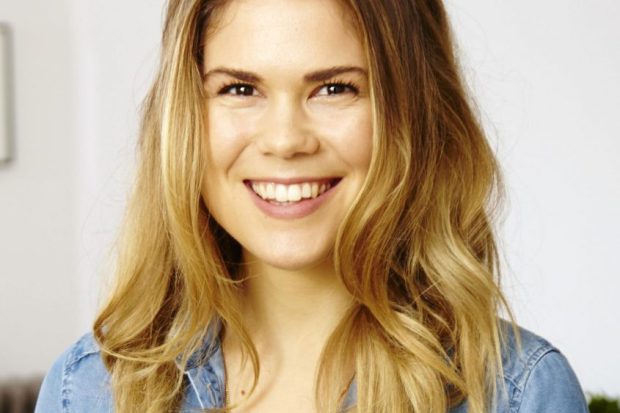
A “HOLISTIC, nutritional health” coach, the 26-year-old advocates a gluten and refined sugar-free diet, heavy on healthy fats like coconut oil, almond butter and avocados.
She claims: That “wheat is like sandpaper for the gut”.
Sian says: “Anyone can call themselves a nutritionist – her degree is in art history. The proper title is registered nutritionist. What worries me is that she endorses products when actual registered nutritionists aren’t allowed to.”
Tess Ward
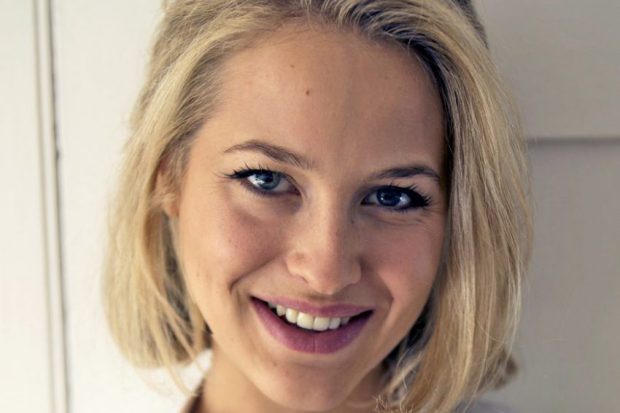
FORMER professional chef, 25, is famous for cookbook The Naked Diet with its chapter titles like “pure”, “raw” and “stripped”.
She claims: That while she is not coeliac she “can’t digest wheat”.
Sian says: “I have more time for Tess Ward because she is at least a qualified chef. She’s much better about sticking to what she knows rather than preaching about things she doesn’t. Having said that, spelt, one of her favourite ingredients, contains gluten.”
'Clean eaters urged me to cut out what my emaciated body needed'
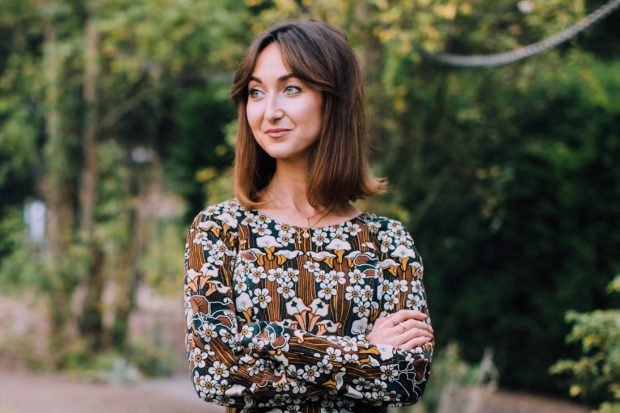
By EVE SIMMONS
BEE WILSON is my new heroine. I was thrilled at the prospect that the “wellness” bubble may be about to burst in Cheltenham last week.
Bee later wrote that she’d “lost count of the number of young women I’ve met who say they tried to use clean eating to ‘control’ their diet”.
I was one of those young women.
I’m sure Madeleine Shaw didn’t imagine me, right, or any eating disorder patient, confined to a mental institution. But unless you come face-to-face with the restrictive bully that is anorexia, you’re unlikely to consider it in detail.
Anorexia is very selective about the messages it chooses to hold on to. In the space of six months I had shed 20 per cent of my overall body mass, was the lower end of a size 6 dress size and was told by doctors that I desperately needed to gain weight.
What began as an attempt to “cut out crap”, eventually landed me in hospital. The advice of #eatclean bloggers encouraged me to cut out everything my emaciated body needed.
Once I made peace with every shelf in the supermarket, I realised eating healthily is really very simple. Eat what you want, eat what you fancy and stop when you’re full.
I’ve set up notplantbased.com to pass on that message.
Eating disorders existed way before Instagram but there’s a generation of vulnerable people who don’t need something else to worry about – they’ve got enough on their plate already.
Eve is a Sun journalist and also runs



